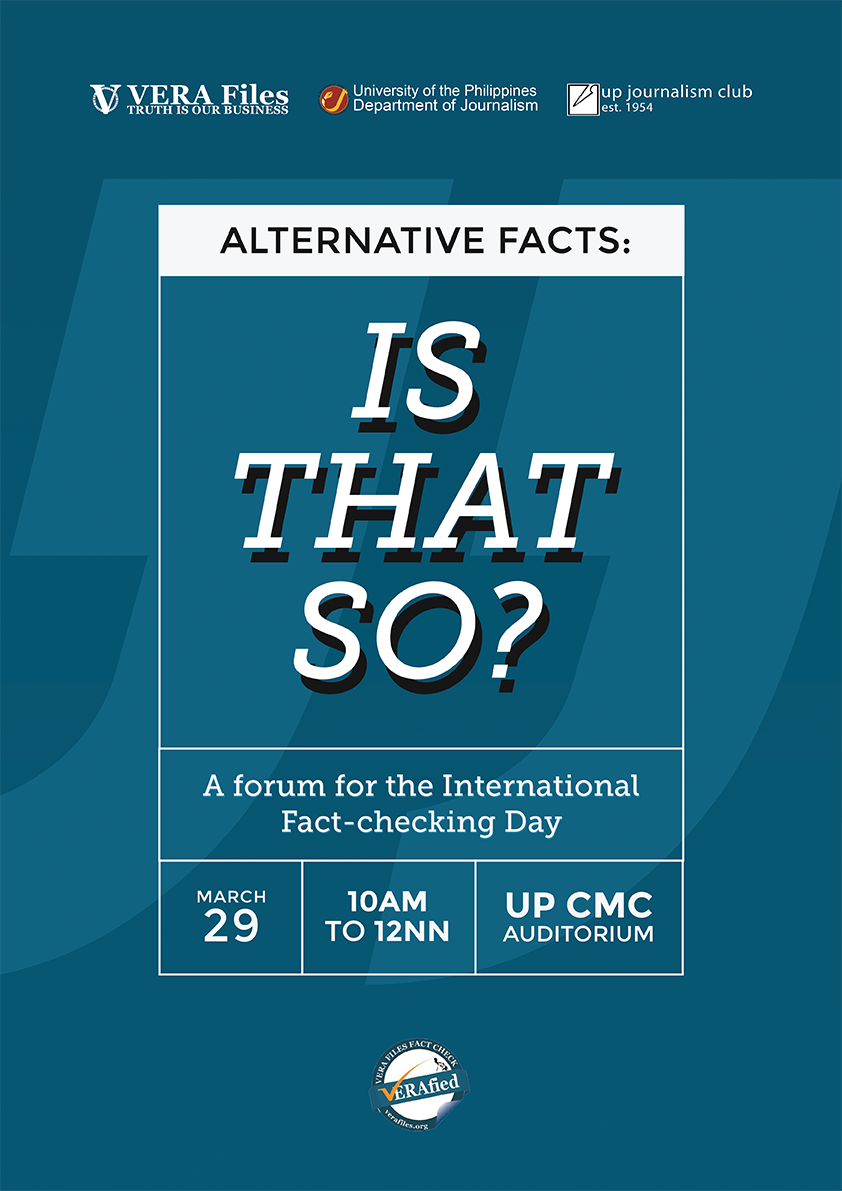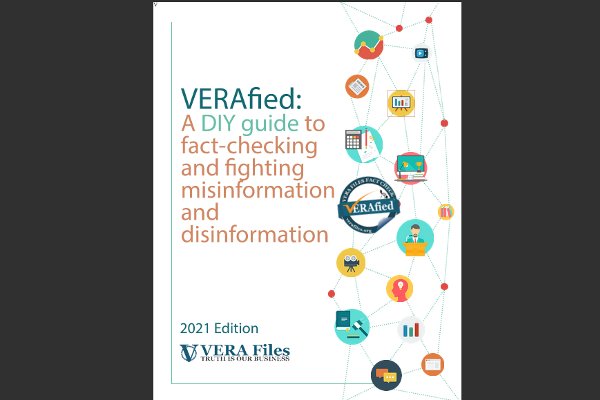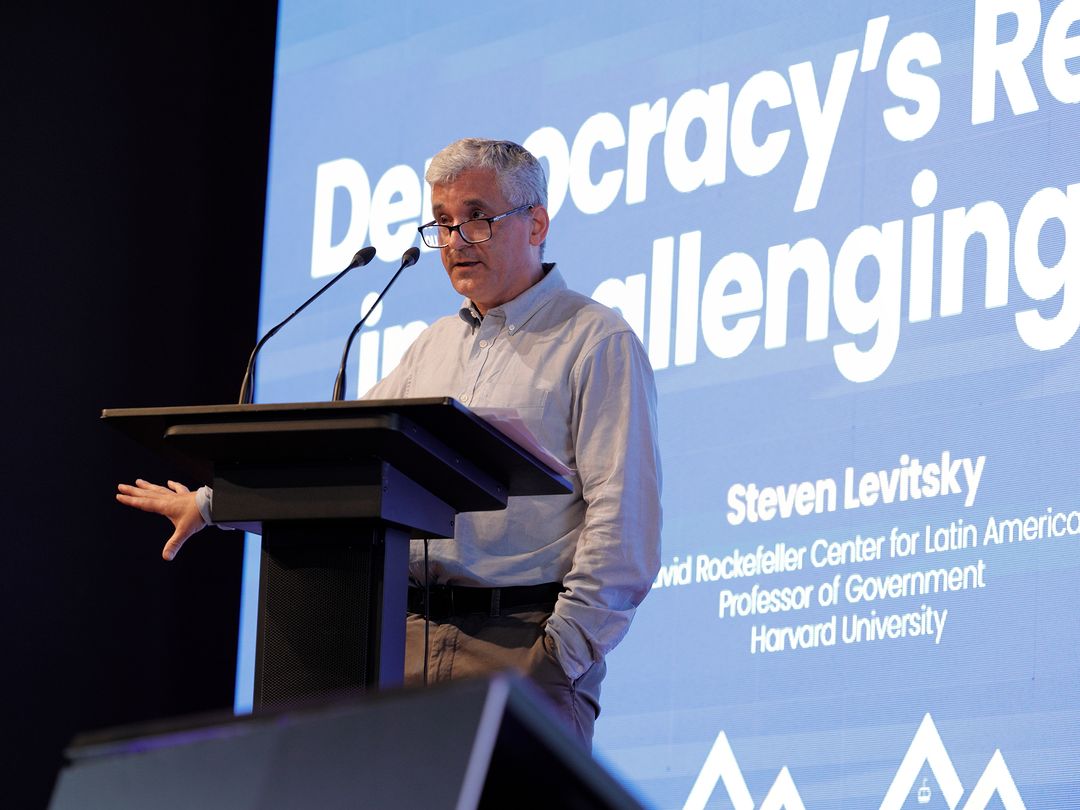Plainclothes policemen arrived at an office of Filipino journalists in Quezon City, professing they’d come to carry out a routine background check. But for the VERA Files reporters who had spent the last years enumerating Philippine government wrongdoings, election-related violence and extrajudicial killings, the message was clear.
You don’t show up to the office just for a background check; this was intimidation.
From repressive governments to coordinated online pestering, fact-checkers around the world face targeted harassment. On April 5, for International Fact-Checking Week, a group of verified signatories to the International Fact-Checking Network convened to discuss the issue of harassment of fact-checkers, particular to their countries and organizations.
“Thank you to the IFCN for creating this platform of Russian to share some details about the risks we put ourselves through any time we put a pen to paper, or jump on our laptops to do the work we do,” said Rabiu Alhassan, managing editor of Ghana Fact.
Alhassan shared several accounts of harassment of workers at his organization. He was joined by Emmanuel Vincent with Science Feedback in France and Ellen Tordesillas with VERA Files in the Philippines, both of whom had similar stories of being targeted as a result of their work. Their experiences ranged from unpleasant emails to death threats and costly legal battles.
“The source of harassment that VERA Files has experienced related to fact-checking is President (Rodrigo) Duterte himself,” said Tordesillas, VERA Files’ president. Tordesillas said Duterte’s office published her name and likeness, listing VERA Files as an organization that was coordinating efforts with foreign actors.
“We were inundated with hate mail and vicious social media posts,” Tordesillas said.
One Twitter account, United DDS (Devoted Duterte Supporters), accused Tordesillas of being a terrorist and conspiring in a destabilization plot. “So what will we do when we see her in person?” the widely-shared Tweet asks.
Other forms of harassment don’t originate from repressive regimes, but instead from disgruntled readers and content creators. Vincent, a French scientist and founder of Science Feedback, for instance, has observed routine harassment-like behavior from independent readers directed toward his organization.
“You will burn. Mark my words pos,” reads an email sent to Science Feedback.
“It’s not something you really enjoy to read on a daily basis,” Vincent said. “We don’t act too much on that. We don’t pay too much attention to it, but there are some death threats regularly in there.”
Vincent also detailed the legal hot water Science Feedback is subjected to. Currently Science Feedback is facing two lawsuits, one from Children’s Health Defense, a prominent spreader of vaccine misinformation, and one from libertarian television presenter John Stossel.
“They have sued Facebook, us and another fact-checking organization actually,” said Vincent, referring to the Children’s Health Defense. “So far, it’s not going well for them. So it’s not a huge concern at this stage.”
However, the Stossel case presents more of an issue, highlighting some of the unique ways those with money can punish the sources of inconvenient fact checks.
“This (Stossel) case is ongoing, so it means right now we have to pay lawyers to defend ourselves, and that is costing a lot of money. More than $100,000 up till now,” Vincent said. “This is clearly harassment-like behavior because, even if there is probably no chance for them to prevail, they still are straining our resources, time and money.”
This story was first published on the International Fact-Checking Network website. Read it here.
Seth Smalley is a reporter at Poynter and the IFCN. Get in touch at seth@poynter.org or on Twitter @sethsalex.





